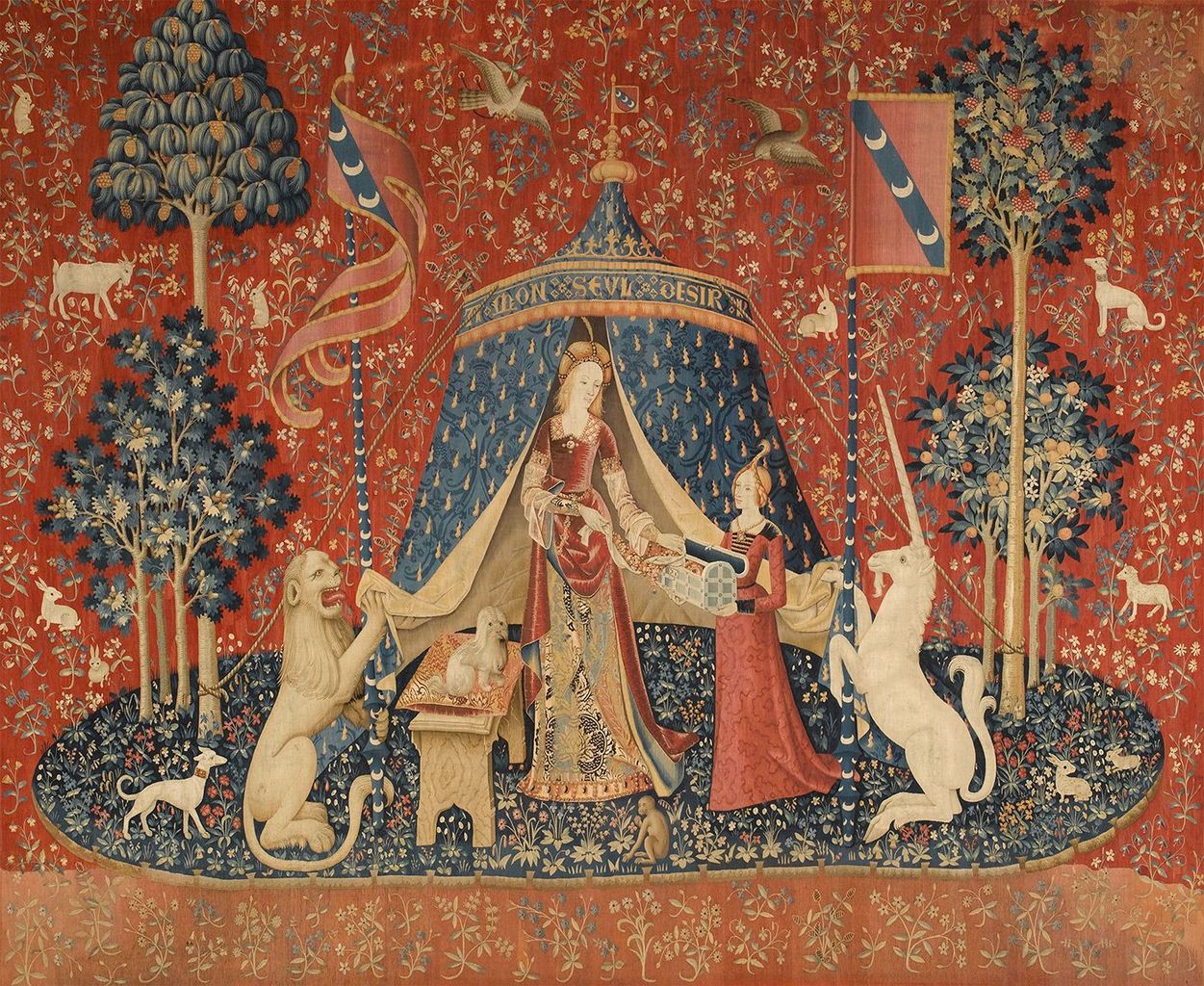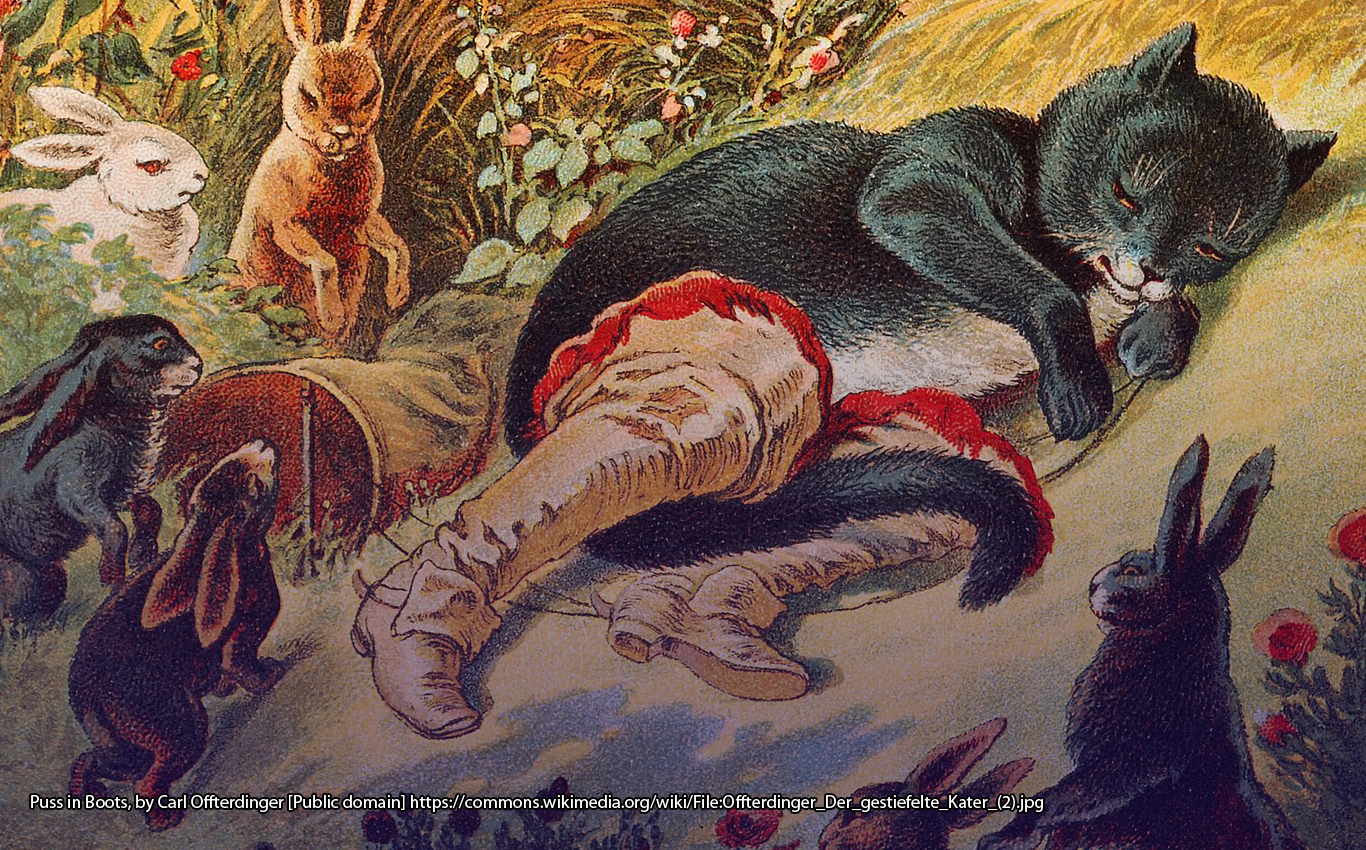The legendary Uther Pendragon was the father of Arthur Pendragon, who was destined to become the greatest King of the Britons. Arthur would drive out the invading Saxons, bring peace to the country and build an empire in Europe. Uther was usually seen as a strong king and a great warrior but could also be vain, quick tempered, impulsive and ungrateful at times. This impulsiveness and ingratitude came to the fore when he fell passionately in love with Igraine, the young wife of one of his oldest and most loyal nobles, Gorlois, the Duke of Cornwall. Gorlois had served the king bravely and faithfully and through his wisdom had turned a likely defeat into a resounding victory for Uther, who may have been expected to show his thanks and gratitude. Nevertheless, when love strikes as it struck Uther, the result can be devastating. Uther’s burning passion for Igraine unleashed a violent and bloody war to win the object of his lust, aided by the subtle arts and magic of Merlin. This work draws mostly from Geoffrey of Monmouth, Gildas and Wace, and brings together the elements of lust, violence, deception and the magic of Merlin. It was from this mix that King Arthur, the great defender and saviour of the Britons from the Saxons, would be conceived, and eventually come to power to save his people.
The Prophecy of Merlin
Uther became King of the Britons of the island of Britain after the death of his brother King Aurelius Ambrosius from poisoning. As Aurelius lay seriously ill in Winchester, word came that Pascentius, the son of Vortigern, and Gillomanius the King of Ireland had landed with an invading army. With Aurelius incapacitated, Uther, accompanied by Merlin, led the army of the Britons to meet the invaders, having no idea of the treachery that would befall his brother.
On his way to the battle, Uther saw a most remarkable spectacle in the skies. There appeared a star of such magnitude and brilliance that it was seen both day and night. The star emitted a single ray of light that created a fiery mass resembling the body and head of a dragon. Shining from the mouth of the dragon came two rays of light. One extended out across the skies of Britain and over Gaul. The other extended out over the Irish Sea culminating in seven lesser beams of light. Such was its magnitude, it could be seen all across Britain and beyond, and filled the people with fear and dread not knowing what it might portend.
On seeing it, Uther called Merlin to him and asked its meaning. Merlin looked up at the sky and cried out in sorrow,
“O irreparable loss! O distressed people of Britain! Alas! the illustrious prince is departed! The renowned king of the Britons, Aurelius Ambrosius, is dead! whose death will prove fatal to us all, unless God be our helper. Make haste, therefore, most noble Uther, make haste to engage the enemy: the victory will be yours, and you shall be king of all Britain, For the star, and the fiery dragon under it, signifies yourself, and the ray extending towards the Gallic coast, portends that you shall have a most potent son, to whose power all those kingdoms shall be subject over which the ray reaches. But the other ray signifies a daughter, whose sons and grandsons shall successively enjoy the kingdom of Britain.” (1)
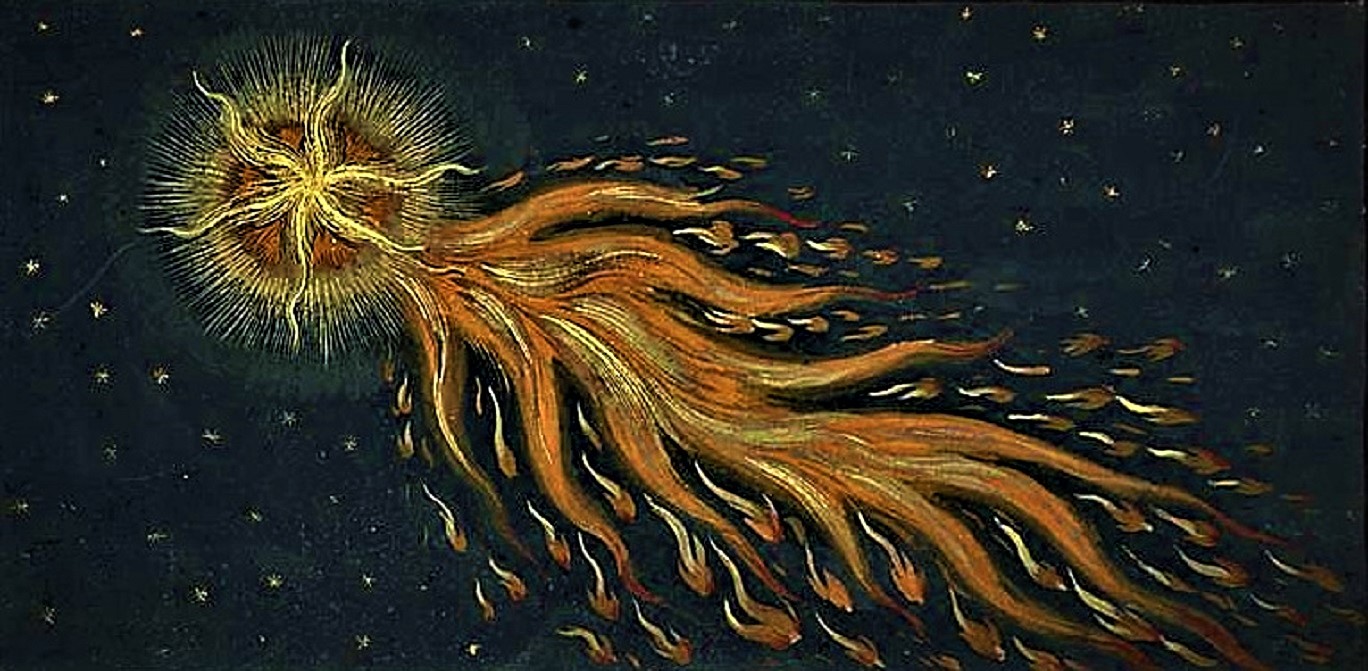
Uther, although undoubtedly impressed by the heavenly display, doubted Merlin’s interpretation. Maybe he did not want to believe his brother was dead and maybe he did not want to be distracted by thoughts of taking the crown. Maybe the prophecy that his son would build a great empire and from his daughter would come the future Kings of the Britons was too much of a distraction. Whatever the future might bring, the immediate peril lay before him and he was determined not to fail. He was now less than half a day’s march from Pascentius and Gillomanius who presented a real threat that could not be ignored or postponed. Therefore, with great determination, he pushed on to meet them head to head in battle.
The two sides attacked each other on sight, and a furious and bloody fight ensued that raged unchecked throughout the day. Eventually, Uther and the Britons gained the advantage and when Pascentius and Gillomius were killed, the Irish and Saxons fled the field, making for their ships. Uther gained a stunning victory, confirming the accuracy of the first part of Merlin’s prophecy. The next day, as Uther and his troops were savouring their victory, a messenger arrived from Winchester with the grievous news of the death of his brother, King Aurelius Ambrosius. The messenger told how he had been buried in the Giant’s Dance, the monument he had caused Uther and Merlin to bring to Britain, thus, sadly confirming another part of the prophecy.
Uther Pendragon
Returning to Winchester victorious and as the rightful heir to the throne by popular consent, Uther was made King of the Britons of the island of Britain and formally crowned. The celestial spectacle he had seen before the battle and the predictions made by Merlin that had so far proved true had left an impression on him, and he ordered that two small figures of gold representing dragons should be made. One he gave to Winchester Cathedral and the other he took with him in all of his many future military engagements. According to Geoffrey of Monmouth, from this time onwards he took the epithet Pendragon and became known as Uther Pendragon which means “head of the dragon”. This is challenged by some scholars, who say it means Head-Dragon, or Chief-Dragon, or commander-in-chief. Although Uther could not know it, the final parts of Merlin’s prophecy would continue to unfold and flower in his lifetime, and climax beyond. However, in the present, he had to deal with a series of Saxon threats that would test his leadership to the full, though he would prove to be victorious in all.
The Capture of Octa and Eosa
Uther’s brother Aurelius had defeated and executed the Saxon leader Hengist, and the remaining Saxons under Octa and Eosa had sued for mercy. A covenant had been made to ensure that they lived peacefully in lands given by Aurelius, and would no longer launch attacks against the Britons. With the death of Aurelius, Octa and Eossa no longer considered themselves obliged to keep the covenant. They had been joined by the Saxon survivors of the army of Pascentius that Uther had defeated. With greater numbers and emboldened by the death of Aurelius, the Saxons attacked and destroyed many towns and cities in the north. Leading an army of Britons north, Uther caught up with them as they besieged the city of York. The Saxons turned their attention from the city and attacked the Britons furiously and eventually forced them to retreat.
Uther and his army took shelter on a mountain crowned with a wood and split by a deep ravine. In the night, knowing he was on the verge of defeat, he called his lords and captains to him to discuss their situation and find a way forward. On asking the opinions of his commanders, Gorlois, the Duke of Cornwall recommended a bold surprise attack in the night upon the Saxon camp. To all present this seemed the best option and Uther agreed. Under the cover of darkness, the Britons took the Saxons by surprise, capturing Octa and Eosa alive and causing the rest to fly the battle, leaving Uther unexpectedly victorious.

Easter in London
According to Geoffrey of Monmouth, after imposing peace on the north of Britain, Uther Pendragon travelled to London with Octa and Eosa in chains and imprisoned them there. He decided he would celebrate the Easter festival in the great city and summoned his nobles and commanders to join him, intending to emphasise his power by wearing the crown throughout the celebrations. They all brought their ladies and their families and were entertained and feted most lavishly by King Uther Pendragon, the most powerful man in Britain at the time. He intended they should take note of his power and authority and also his generosity when pleased.
Lust for Igraine
Gorlois, the Duke of Cornwall, whose military advice had saved Uther from defeat and gained a remarkable victory from the Saxons, also attended with his wife Igraine. She was a woman of great beauty and much younger than her husband. When King Uther Pendragon first set eyes on her amid all the stunning ladies present, he became instantly infatuated with her. From that moment on she dominated all of his thoughts. Throughout the celebrations he served her personally, giving her the best food on silver platters and wine in goblets of gold. All of his attention was given to her and her alone, making no attempt to camouflage or conceal his feelings in public.
On noticing the behaviour of Uther towards his wife, Gorlois took great offence and decided to walk out. Despite attempts by his friends to persuade him to stay, he would not be swayed, and left taking his wife with him without asking the King’s leave. Uther was angry at Gorlois for not asking his leave to depart, but angrier that he had taken the object of his infatuation with him. This made him determined to both show his absolute power and satisfy his lust for Igraine. He sent Gorlois a summons, ordering him to return and beg his forgiveness for what he claimed was an insult. Gorlois angrily refused, seeing Uther’s behaviour in turn as an insult. He returned to Cornwall, taking his wife with him.
Uther was now totally lost in his infatuation and mustered his army and marched on Gorlois, laying waste to towns and cities on his way. Gorlois could do little to prevent him due to the superior numbers of the King’s forces, and instead fortified his towns and sent Igraine to Tintagel, his safest refuge. This was not the remains of the castle we see today but possibly some other type of early fortification that was later replaced. Then he awaited the coming of Uther at his stronghold of Dimilioc. In this way he thought their separation would give a greater chance of survival for one or the other.
When Uther had learned of this, he besieged Gorlois in Dimilioc but could not break the walls. During the entire time, his mind burned with desire for Igraine and he could think of nothing else. Finally, Uther could stand it no longer. He summoned one of his friends, Ulfin, for advice. He told him of his great love for Igraine and that he feared that if he did not soon have her then the passion he held for her would kill him.
The Arts of Merlin
Ulfin advised Uther that Tintagel could not be taken by force, being virtually surrounded by sea. It could only be reached by a narrow path of rock, making it possible for a few armed and determined men to defend against a vast army. He advised Uther to seek the arts of Merlin, as he believed he alone would have the skill and knowledge to help in his predicament. Uther, having no other plan, agreed, and Merlin was summoned and the problem explained.
Merlin proposed by the use of potions and hidden arts that he would make Uther into the likeness of Gorlois. Furthermore, he would also alter the appearance of Ulfin into that of Jordan of Tintagel, a friend of Gorlois, and he would change himself into Bricel, another friend of the duke. His plan was that while the army besieged Gorlois in Dimilioc, the three of them would ride to Tintagel. There, the sentries would not recognise them, only seeing Uther as Gorlois, Ulfin as Jordan and Merlin as Bricel. They would give them entry, and allow Uther admittance to Igraine. Uther, having no other hope, agreed to the plan.
Merlin used his potions and arts to induce the necessary transformations for the three of them. When all was done, they rode to Tintagel, arriving in the evening twilight. The sentries, on seeing who they thought was Gorlois, Jordan and Bricel, gave them entry. Uther gained admittance to Igraine and she, seeing only her husband, gave herself entirely to him. Uther, in the guise of Gorlois, told her he had allowed Dimilioc Castle to be besieged to draw the enemy away from Tintagel to keep her safe. Igraine believed all of his words and gave freely that night everything he desired.

The Making of a King
It is said to make room for a new life in the world someone has to die. On that night Gorlois, Duke of Cornwall and the lawful husband of Igraine, was killed in battle by Uther’s army at Dimilioc. That night, amid violence, lust and magic, a life was conceived, which in turn would become Arthur, the greatest of the Kings of the Britons. Another part in the prophecy of Merlin was beginning to slowly unfold.
In the morning, a messenger arrived urgently requesting to speak to Igraine. They brought news of the fall of Dimilioc and the death of her husband. However, such were the arts of Merlin, they were shocked to see one whom they believed to be Gorlois sitting alongside his wife, apparently hale and healthy and very much alive. Uther in the likeness of Gorlois, then embraced Igraine saying,
“Your own eyes may convince you that I am not dead, but alive. But notwithstanding, the destruction of the town, and the slaughter of my men, is what very much grieves me, so that there is reason to fear the king’s coming upon us, and taking us in this place. To prevent which, I will go out to meet him, and make my peace with him, for fear of a worse disaster.” (2)
With the deception now complete and his lust satiated, the magically transformed Uther took his leave of Igraine and left Tintagel with his friends. Merlin then caused them to lose their disguise and they rejoined the army of the Britons at Dimilioc. Uther called his commanders to report to him and he was told of the ending of the siege of Dimilioc and how Gorlois had died. Although he was genuinely sorry for the death of the duke he was happy that this meant he was now free to marry Igraine. Returning to Tintagel he then took Igraine as his wife and they lived happily and with great love between them. They had a son named Arthur who became the King of the Britons and a daughter named Anna or Anne, who was later known as Morgause.
Uther Pendragon had got his heart’s desire but the world of the King of the Britons was still a dangerous place. Sickness and disease have no more respect for kings and mighty warriors as they have for poor peasants, and Uther was taken by a crippling malaise. To compound his woes, the Saxon leaders, Octa and Eosa, escaped their prison in London and made their way back to Germany. Reports came that they had raised a massive army with the intent to return and conqueror Britain once and for all. These reports were verified when a great fleet landed a great army of Saxons and their allies in the north of Britain. Immediately the invaders attacked the towns and cities and left the countryside in ruins.
Uther, now all but incapacitated through illness, entrusted the defence of the north to one of his consuls, a valiant warrior named Lot of Londonesia, to whom he had given his daughter Anna in marriage. The greatest enemy the Britons had was their pride, for they were often reluctant to obey Lot’s orders, making the defence of the realm much harder and less successful than it should have been. Finally, on hearing this, Uther sent for all of his commanders to appear before him and berated their foolishness. In disgust, he swore he would lead the army himself despite his sickness and commanded a special horse-drawn carriage to be built that would carry him at the head of the army of the Britons into battle.
The Half-Dead King
In his carriage at the head of the army, Utter travelled to Verulam (now known as St. Albans,) to confront Octa and Eosa where they were laying waste the countryside. When these two Saxon chiefs heard the sick Uther Pendragon was leading the army of the Britons in a horse drawn carriage they mocked him and refused to fight. They called him the “half-dead king” and said that it would bring shame on them to fight a sick man on his deathbed, before withdrawing into the city. In their pride and contempt of Uther, however, they left the gates open. As soon as Uther heard of this, he decided to attack straight away, and hope to profit from their foolishness. His Britons attacked the city, and when the Saxons saw the danger, they were forced to repulse them before it was too late. The battle raged all day, until nightfall brought rest to both sides. The Saxons, now seeing that they were disadvantaged in sitting out a siege, decided to try their luck in open battle, either to defeat the Britons or break through and escape. At dawn, they marched out of the city and the ensuing battle was bloody and fierce, raging all day. At last Octa and Eosa fell, and leaderless, the Saxons ran away, leaving the Britons the victors.
Those Saxons who escaped headed north, raiding towns along their way. Uther wanted to lead the army of the Britons after them, but his commanders persuaded him not to on account of the severity of his illness and his worsening condition. Seeing this motivated the Saxons to do greater harm, and they now attempted to conquer the entire kingdom of the Britons. They had always been skilled in the arts of treachery and deception and now they sought to bring about the death of Uther Pendragon by poison. They sent spies in disguise into the camp of the Britons and spied on the habits of the king. On discovering he was apt to drink from the waters of a clear spring, they poisoned it, causing him sudden death. With the death of Uther, the clergy and nobles carried his body to Mount Ambrius, where he was buried in the Giant’s Dance alongside his brother Aurelius Ambrosius and the victims who fell in the Treachery of the Long Knives.
King Arthur Pendragon
According to early chroniclers, the Saxons took great encouragement from the death of Uther Pendragon. With their numbers swelling daily with reinforcements from Germany they sought to take over the entire country and exterminate the Britons from the island of Britain. With the realm of the Britons in dire peril, the clergy and the nobles made Arthur, the son of Uther Pendragon and only fifteen years old, the King of the Britons. Despite his youth and inexperience, he was to go on to free the Britons of the Saxons and build an empire across Europe, fulfilling his part in the prophecy of Merlin. Yet throughout his life, Arthur would be haunted by lust, treachery, deception and magic, the very elements that had brought him into the world. He would become the most famous of legendary British rulers and heroes, the “once and future king”, who would return one day to save his country from future peril.
To read all the articles in this series, visit the British Legends Series page or select from the list below:
- British Legends: The Founding of Britain: Brutus of Troy and the Prophecy of Diana
- British Legends: The Mabinogion – The Dream of Macsen Wledig
- British Legends: Gogmagog and the Giants of Albion
- British Legends: Treachery, Murder, Lust and Rowena: The Rule of Vortigern
- British Legends: The Origin of Albion and the Bloodlust of Albina and Her Sisters
References and Further Reading
[PDF]History of the Kings of Britain – York University (1), Page 138; (2) Page 144;
[PDF] Nennius – History Of The Britons (Historia Brittonum … – York University
Under the influence! – Vortigern’s Rule: The Treachery of the Long Knives
Under the influence! – The Prophecy of Merlin: The Two Dragons
Under the influence! – Merlin and the Giant’s Dance: The Victory of Art over Strength
On the Ruin of Britain by Gildas
Arthurian Chronicles: Roman de Brut by Wace

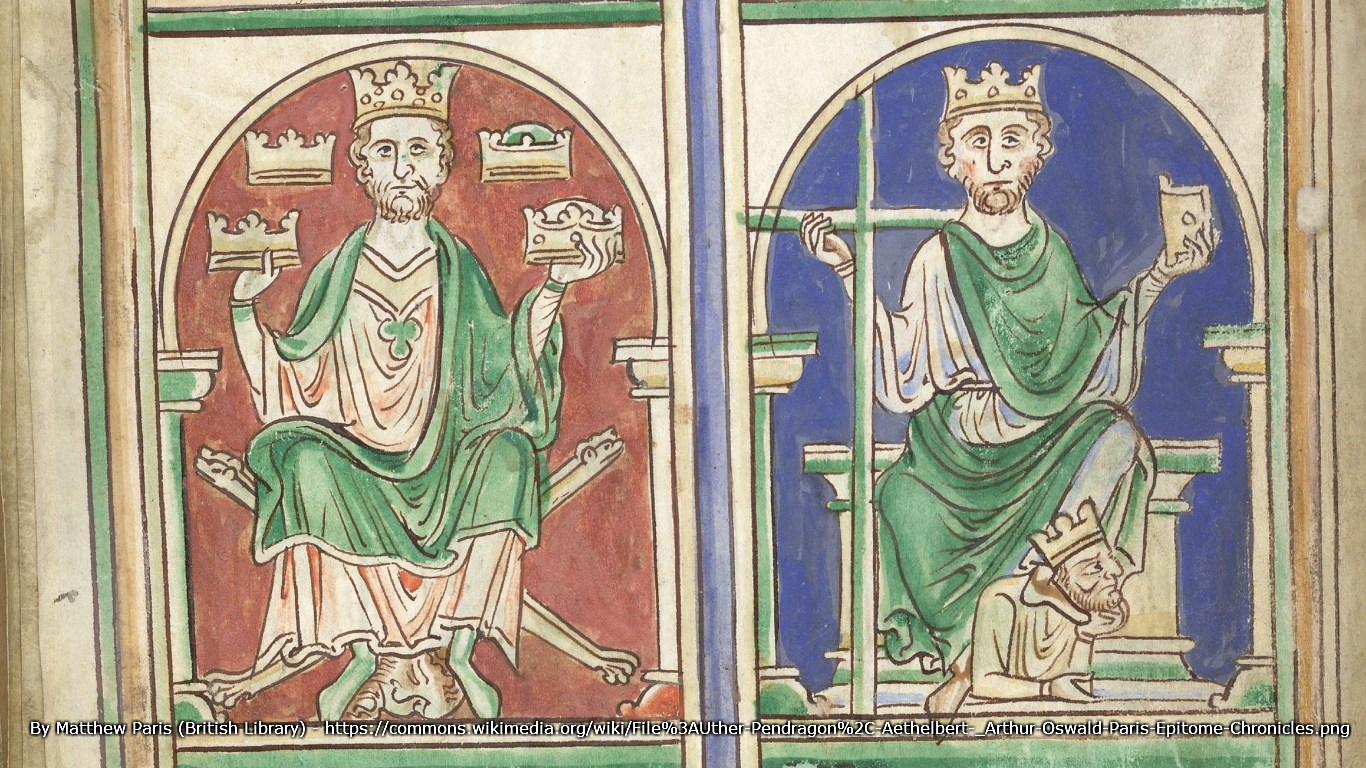

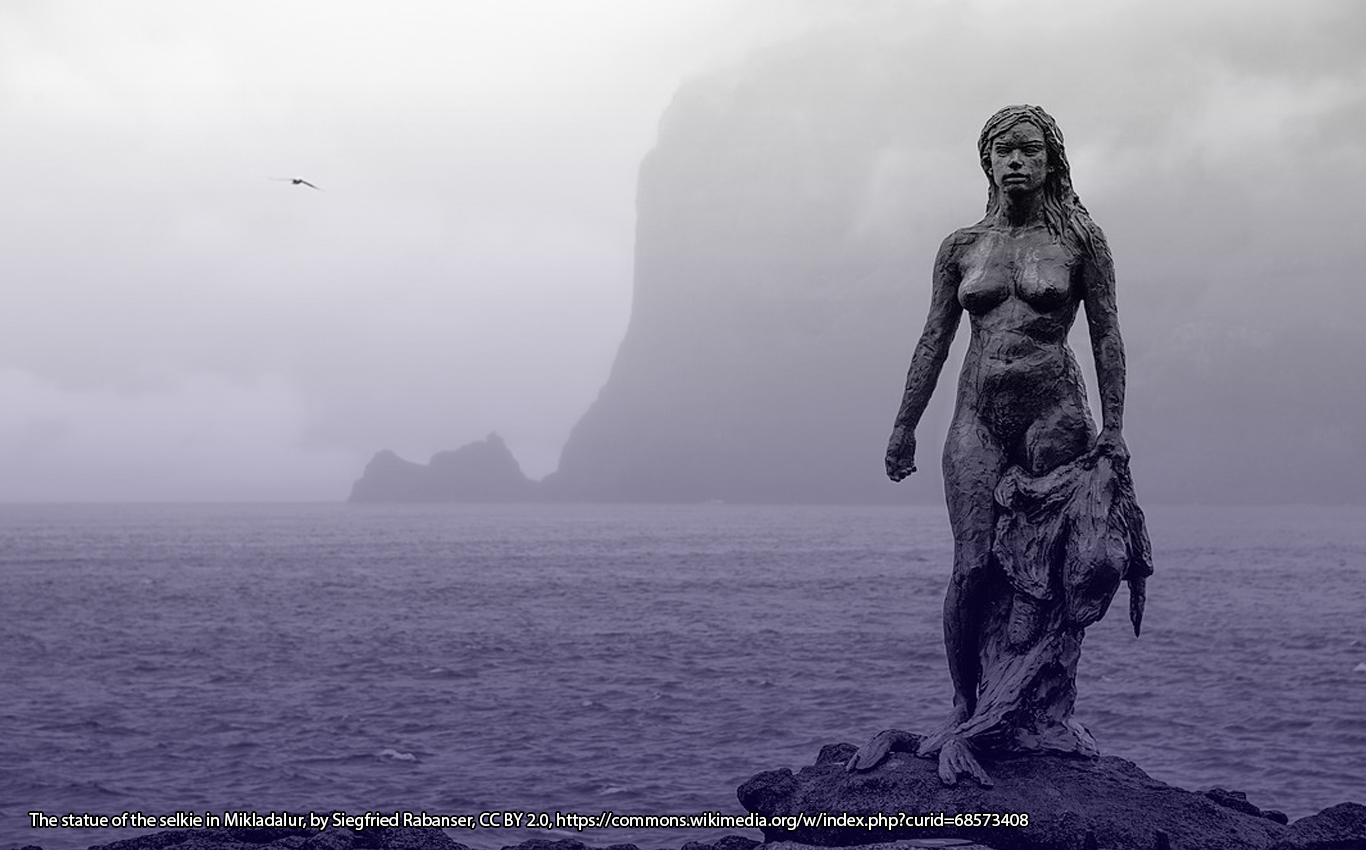


![Boadicea, leader of the rebellion against the Romans. By Joseph Martin Kronheim (1810–96)[1] - This file has been extracted from another file: Pictures of English History - Plates I to IV.jpg, Public Domain, https://commons.wikimedia.org/w/index.php?curid=12705208](https://folklorethursday.com/wp-content/uploads/2020/10/Pictures_of_English_History_Plate_IV_-_Boadicea_and_Her_Army.jpg)


